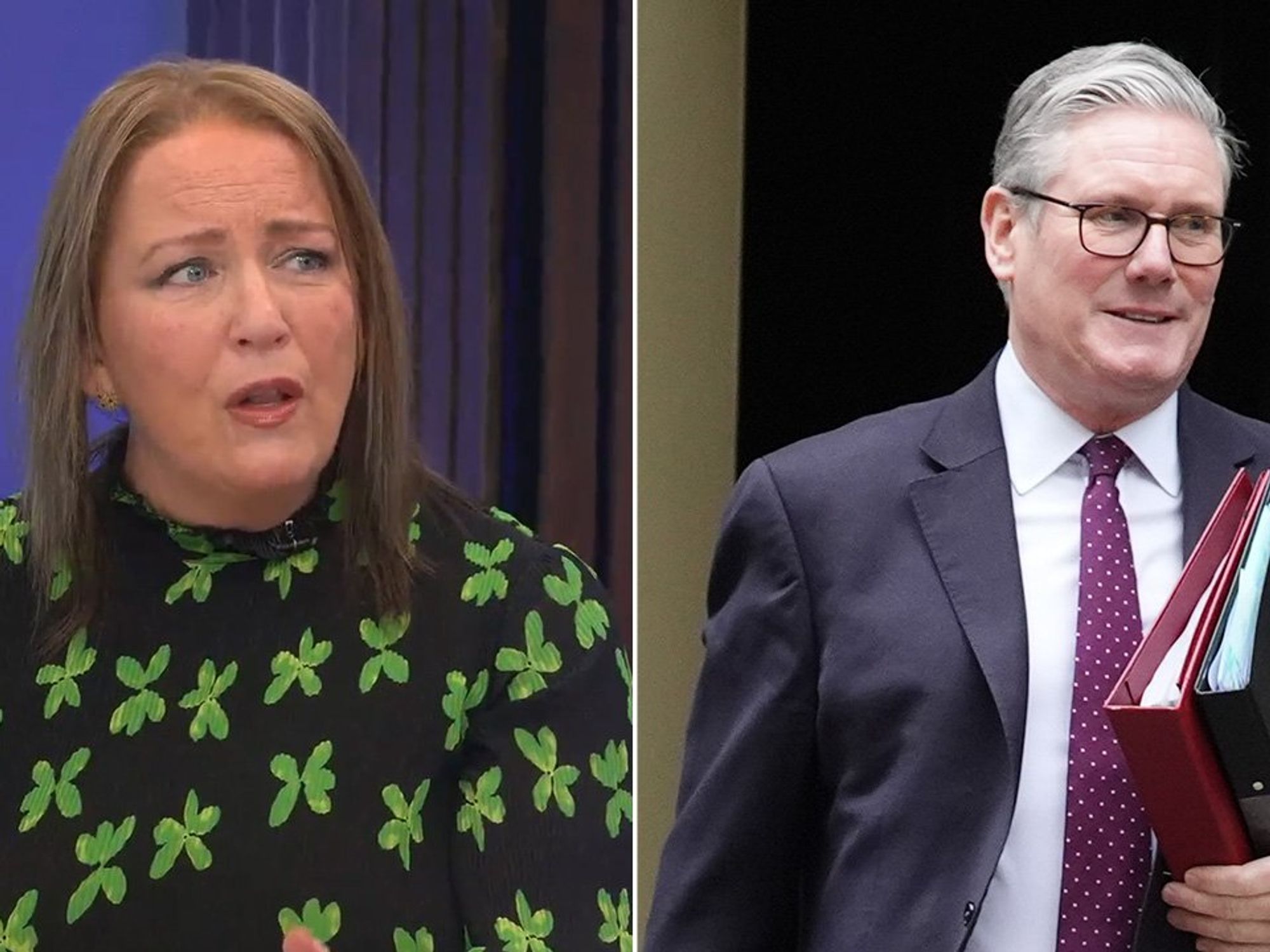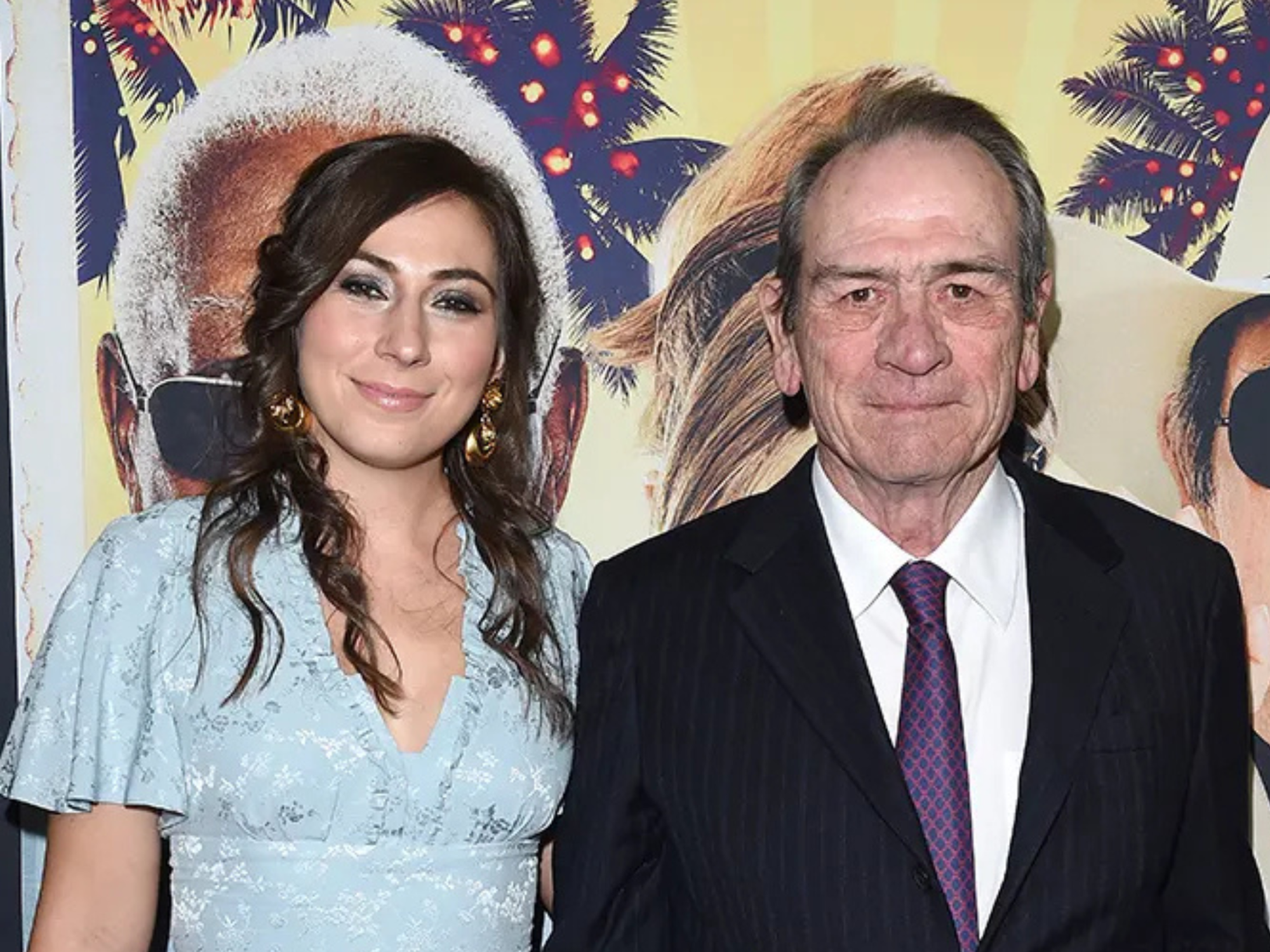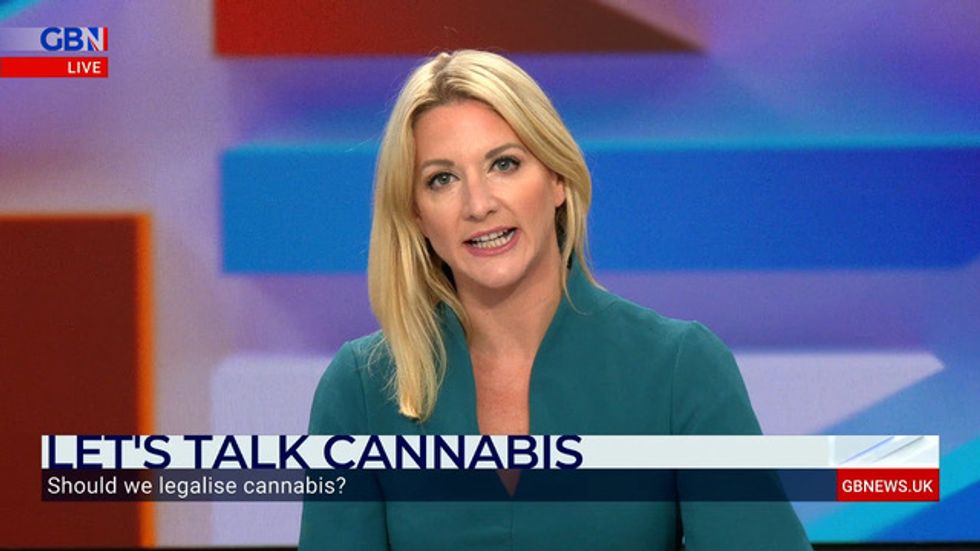Alex Phillips: Why is cannabis still so controversial?

By Alex Phillips
Published: 28/09/2021
- 16:46Updated: 14/02/2023
- 11:29Increasingly people are seeing the logic in legalising cannabis, rather than condemn this prevalent drug to the whims and profits of dodgy dealers.
Don't Miss
Most Read
Bhang, broccoli, chronic, dank, doobie, dope, draw, ganja, grass, green, hash, hooch, kush, Mary Jane, pot, reefer, sensimillia, skunk, spliff, stogie, weed.
Not songs from Snoop’s latest album, but they could be, as they are, of course, all slang for cannabis. The enormous list of street terms for the herbal narcotic is so long, it shows quite how prolific the drug is.
In fact, if you live in an urban area, you probably pass through a miasma of haze on a daily basis. Lockdown shut pubs but it seems loads of people started sparking up instead. If the use of chronic is, well, chronic, then recategorising it as a B class drug has done diddly squat.
Alex Phillips asks, should we legalise cannabis?
GB News
Fessing up to toking on Bob Marley’s finest would once have been cultural taboo, yet today almost every politician and media personality would no longer wince at disclosing having skinned up or passed the bong.
The mentally expansive and relaxing properties of weed have long been extolled by stoners, while critics point towards mind altering properties of the drug having the propensity to trigger psychotic episodes.
It’s also regarded as a gateway drug - a concept that seems largely a product of the fact would-be bud-buyers are thrown into the hands of dealers more likely to make a profit on stronger gear.
Countries such as Australia, Austria, Canada, Croatia, the Czech Republic, Israel, Luxembourg, Malta, the Netherlands, Spain and Switzerland, to name a few, as well as 18 states in America, have either legalised smoking pot or decriminalised it. Many more have made medicinal cannabis available.
Here in the UK, our progress on this issue is about as logical as Ali G after a pound of sensi. Our legal cannabis growing industry is set to be worth £2.3 billion by 2024. We are one of the biggest exporters, with the world’s largest manufacturer of cannabis merchandise headquartered here.
Britain is fertile ground for the green stuff, yet we remain largely opposed to allowing its sale ourselves. Adding recreational use into the mix could double revenue, and make a product that could be taxed, controlled at the point of sale, but perhaps most importantly, pharmacologically regulated.
Cannabis is not just one plant. It contains various strains with different ratios of chemical compounds, predominantly THC and CBD, which both have potential benefits including relief of chronic pain, weight loss, depression, control of seizures, management of autism, relief from symptoms of PTSD, MS, inflammatory bowel disease and Parkinsons, control of skin conditions, prevention of or relief of certain cancers and even, some claim, improving lung capacity when smoked.
In fact, your body is already packed full of endocanniboids that regulate sleep, mood, appetite, memory and even fertility. And cannabis has been consumed by humans for over 4,700 years.
Yet it wasn’t until the sixties research in how it worked really commenced and the 90s when the body’s own cannabinoid systems were properly documented. So why is this possible wonder drug still so controversial?
Well, one reason is the main difference between the two main chemicals at play. THC with strong psychoactive effects can make a person high but induce anxiety and psychosis, whereas CBD is thought to reduce those negative effects.
Anybody in the UK buying ganja off the streets would have no idea whether what they are smoking is the weed equivalent of a shandy, or straight up 70% proof moonshine. Increasingly people in the UK are seeing the logic in legalising and therefore regulating cannabis, rather than condemn this prevalent drug to the whims and profits of dodgy dealers.
So is it time to grab the chillum, stuff the bong and hit the peace pipe? Or would that leave a zombie population on the brink of losing their marbles? Today, we need to talk about cannabis.












